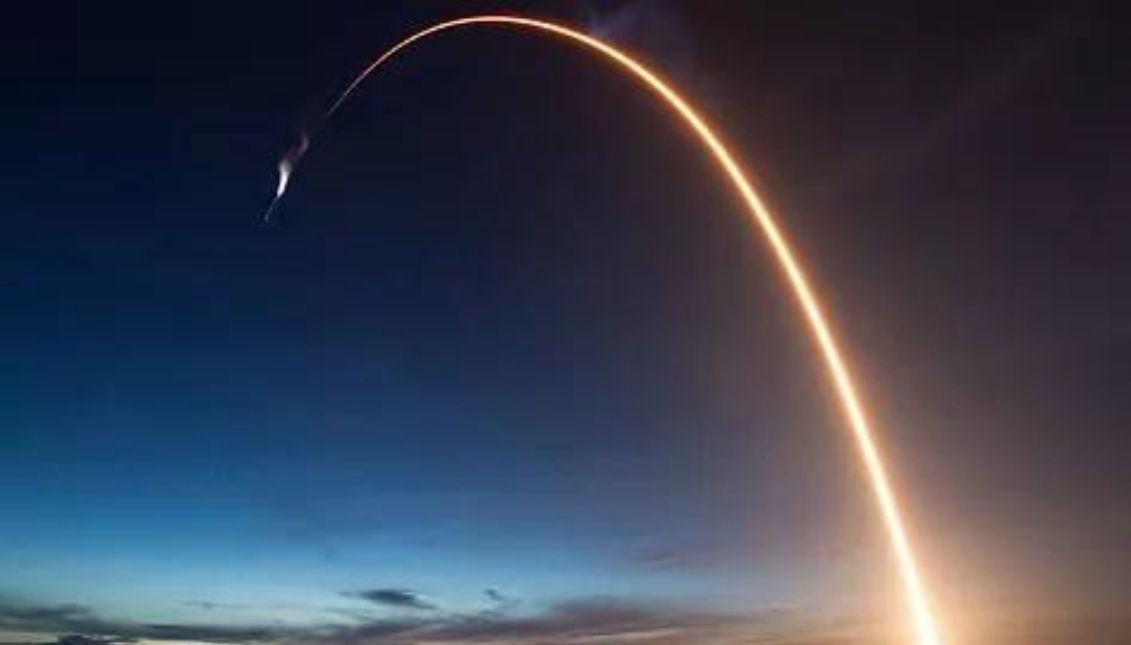
Liftoff of a Falcon 9 rocket in 2018. Photo: NASA
SpaceX rocket to soon hit the moon
One of SpaceX's rockets will crash into the moon on March 4.
The Falcon 9 rocket launched in 2015 by SpaceX is on track to crash into the moon and explode on March 4.
The Falcon 9 was left wandering in space after completing its mission and running out of fuel to return to Earth.
Astronomer Jonathan McDowell told the BBC that it will be the first uncontrolled rocket collision with the moon. However, McDowell said the consequences will be minor.
The rocket was part of a space exploration program aimed at space research for humans to live on other planets. For seven years, the rocket has been attracted by different gravitational forces from the Earth, Moon and Sun, making its path somewhat "chaotic."
"It's been dead, just following the laws of gravity," said McDowell.
Un cohete #Falcon9 de @SpaceX se impactará contra el lado oscuro de la Luna a una velocidad de 2.58 km/s el próximo 4 de marzo. El cohete lleva desde 2015 a la deriva en el espacio, y será la primera vez que basura espacial se impactará contra nuestro satélite. pic.twitter.com/vyvPUcT3wW
— Javier Matuk (@jmatuk) January 27, 2022
Project Pluto software developer Bill Gray said the rocket's trajectory points directly toward the Moon, with an expected collision date of early March.
Gray's projections call for the debris, weighing about four tons, to crash into the dark side of the Moon on March 4, near the satellite's equator, at a speed of 2.58 kilometers per second (9,200 kilometers per hour).
This would be the first time that space equipment has unintentionally impacted the Moon. In previous missions there have been planned impacts, with the interest of studying craters, subsurface material and the presence of ice at the poles. Satellites currently orbiting the Moon are preparing to collect observations from the impact.











LEAVE A COMMENT: